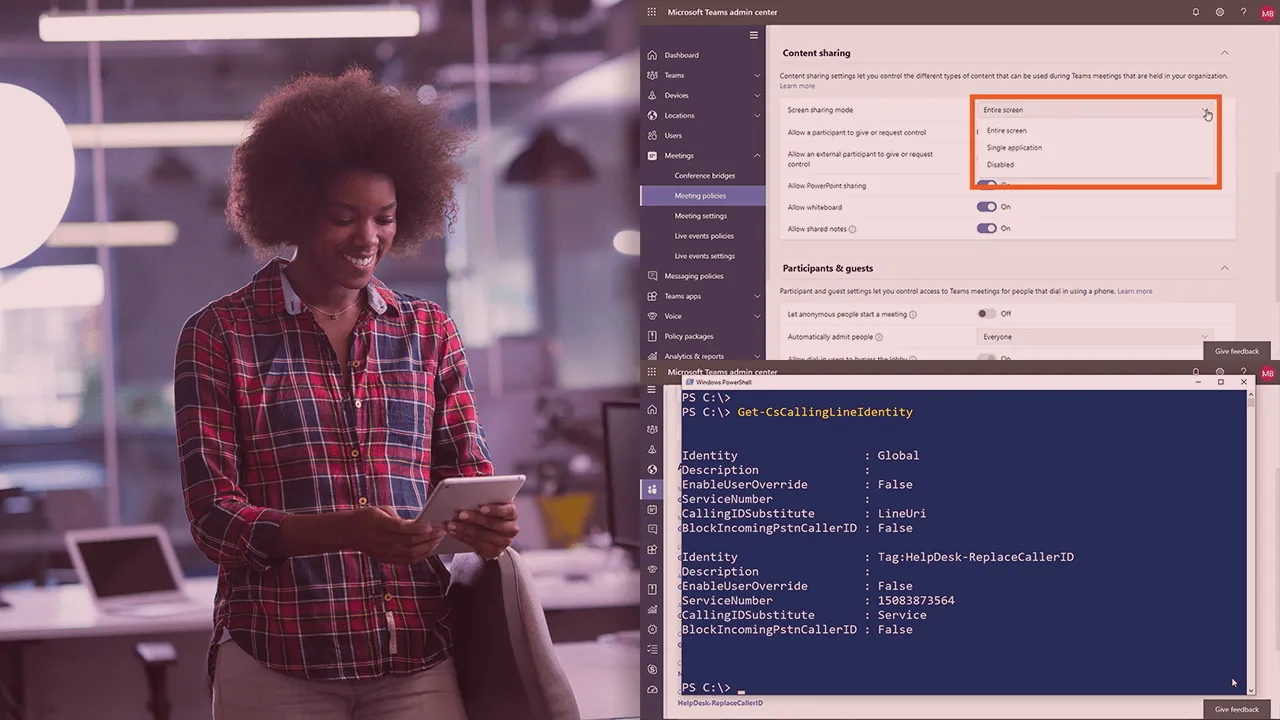
Oracle Compute Cloud Service Foundations 
Oracle Compute Cloud Service provides a secure, cost-effective solution for building scalable infrastructure in the cloud. With this service, organizations can reduce costs, improve security, and create a reliable, flexible infrastructure. ▼
ADVERTISEMENT
Course Feature
![]() Cost:
Cost:
Free Trial
![]() Provider:
Provider:
Pluralsight
![]() Certificate:
Certificate:
No Information
![]() Language:
Language:
English
![]() Start Date:
Start Date:
Self Paced
Course Overview
❗The content presented here is sourced directly from Pluralsight platform. For comprehensive course details, including enrollment information, simply click on the 'Go to class' link on our website.
Updated in [March 06th, 2023]
Oracle Compute Cloud Service Foundations is a course designed to provide an overview of the Oracle Compute Cloud Service. Participants will learn how to create their first compute instance with storage, work with other storage options, control access with security features, and automate the build process with orchestrations. By the end of the course, participants will have a better understanding of how Oracle Compute Cloud Services can benefit their company and have the knowledge to build the infrastructure environments they need.
[Applications]
Upon completion of this course, learners can apply their knowledge of Oracle Compute Cloud Service Foundations to create compute instances with storage, work with other storage options, control access with security features, and automate the build process with orchestrations. Learners can also use their understanding of Oracle Compute Cloud Services to benefit their company by building the necessary infrastructure environments.
[Career Paths]
1. Cloud Infrastructure Engineer: Cloud Infrastructure Engineers are responsible for designing, deploying, and managing cloud-based systems. They must have a strong understanding of cloud computing technologies, such as Oracle Compute Cloud Services, and be able to develop and maintain cloud-based solutions. As cloud computing continues to grow in popularity, the demand for Cloud Infrastructure Engineers is expected to increase.
2. Cloud Security Engineer: Cloud Security Engineers are responsible for ensuring the security of cloud-based systems. They must have a strong understanding of cloud security protocols and be able to develop and maintain secure cloud-based solutions. As cloud computing continues to grow in popularity, the demand for Cloud Security Engineers is expected to increase.
3. Cloud Solutions Architect: Cloud Solutions Architects are responsible for designing and implementing cloud-based solutions. They must have a strong understanding of cloud computing technologies, such as Oracle Compute Cloud Services, and be able to develop and maintain cloud-based solutions. As cloud computing continues to grow in popularity, the demand for Cloud Solutions Architects is expected to increase.
4. Cloud DevOps Engineer: Cloud DevOps Engineers are responsible for automating the build process with orchestrations. They must have a strong understanding of cloud computing technologies, such as Oracle Compute Cloud Services, and be able to develop and maintain cloud-based solutions. As cloud computing continues to grow in popularity, the demand for Cloud DevOps Engineers is expected to increase.
[Education Paths]
1. Bachelor of Science in Computer Science: This degree program provides students with a comprehensive understanding of computer science fundamentals, including programming, software engineering, computer architecture, and operating systems. It also covers topics such as artificial intelligence, machine learning, and data science. This degree is ideal for those looking to pursue a career in software development, computer engineering, or data science.
2. Bachelor of Science in Information Technology: This degree program focuses on the application of technology to solve business problems. It covers topics such as database management, network security, web development, and systems analysis. This degree is ideal for those looking to pursue a career in IT management, software engineering, or web development.
3. Master of Science in Computer Science: This degree program provides students with an advanced understanding of computer science fundamentals, including programming, software engineering, computer architecture, and operating systems. It also covers topics such as artificial intelligence, machine learning, and data science. This degree is ideal for those looking to pursue a career in software development, computer engineering, or data science.
4. Master of Science in Information Technology: This degree program focuses on the application of technology to solve business problems. It covers topics such as database management, network security, web development, and systems analysis. This degree is ideal for those looking to pursue a career in IT management, software engineering, or web development.
The development trends for these degree paths are focused on the use of cloud computing and automation. As cloud computing becomes more prevalent, the need for professionals with expertise in this area is increasing. Automation is also becoming more important as businesses look to streamline their processes and reduce costs. As such, these degree paths are becoming increasingly important for those looking to pursue a career in the IT field.
Course Provider

Provider Pluralsight's Stats at AZClass
Pluralsight ranked 16th on the Best Medium Workplaces List.
Pluralsight ranked 20th on the Forbes Cloud 100 list of the top 100 private cloud companies in the world.
Pluralsight Ranked on the Best Workplaces for Women List for the second consecutive year.
AZ Class hope that this free trial Pluralsight course can help your Cloud Computing skills no matter in career or in further education. Even if you are only slightly interested, you can take Oracle Compute Cloud Service Foundations course with confidence!
Discussion and Reviews
0.0 (Based on 0 reviews)
Explore Similar Online Courses

Managing Microsoft Teams Phone Numbers and Systems

Brand Strategy: Build a Business that Lasts

Python for Informatics: Exploring Information

Social Network Analysis

Introduction to Systematic Review and Meta-Analysis

The Analytics Edge

DCO042 - Python For Informatics

Causal Diagrams: Draw Your Assumptions Before Your Conclusions

Whole genome sequencing of bacterial genomes - tools and applications

Cloud Computing Concepts Part 1

Introduction to Cloud Identity

Cloud Computing Concepts: Part 2
 Related Categories
Related Categories
 Popular Providers
Popular Providers
Quiz
 Submitted Sucessfully
Submitted Sucessfully
1. What is the main purpose of this course?
2. What will you learn in this course?
3. What is the last topic you will learn in this course?


Start your review of Oracle Compute Cloud Service Foundations